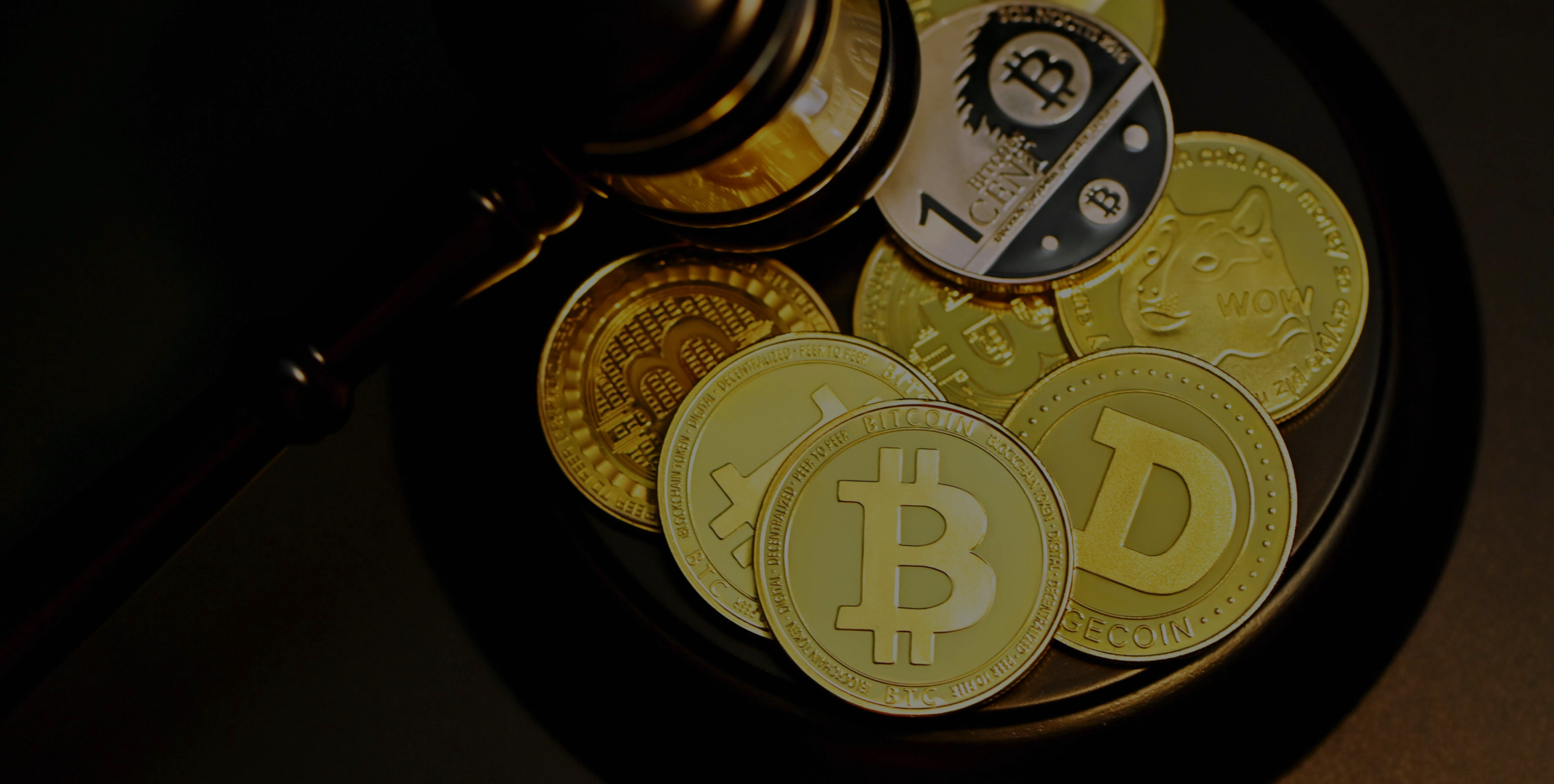This week, the crypto industry encountered and overcame hurdles from every direction, as the OKX CEO apologized to customers for account freezes induced by KYC processes, Pakistan moved forward on the development of its crypto industry by forming a digital assets regulator, and the US Secret Service announced the recovery of $400M in crypto over ten years.
Here’s what you need to know.
OKX CEO apologizes to customers over ‘false positive’ lockouts in its KYC procedures
OKX CEO and founder Star Xu apologized for account freezes caused by an unusually high rate of false positives. Xu acknowledged the errors which occurred through essential compliance and risk control procedures and assured clients that his team is working quickly to correct the situation. Xu noted, however, that false positives are unavoidable as part of a compliance program.
The statement followed a complaint on X from a client whose account had been rejected several times during the identification process, locking him out of his account since June 21.
The client complained that their ‘proof of funds’ documents were rejected because the information they provided did not match the platform’s pre-set answers. He went on to say that in addition to repeatedly completing the Know Your Customer (KYC) verification checks, he had to provide his 10-year work history and five-year employment records and asked for detailed employer information.
Xu explained that compliance and risk control are so crucial for global cryptocurrency trading platforms and how they may sometimes adversely affect clients:
“The core objective of compliance and risk control is to ensure that the platform is not used for any illegal activities, including terrorist financing, human trafficking, drug trafficking, money laundering, fraud, market manipulation, insider trading and more, thereby meeting the legal compliance requirements of regulatory authorities worldwide. This is why some users, despite being fully compliant, may still receive information requests – sometimes feeling like they are being asked to ‘prove your dad is your dad’ “.
Why this matters:
Xu’s transparency is a positive example of how crypto leaders can engage with compliance concerns openly. However, this story also shows the increasing pressures on exchanges to enforce robust KYC and AML controls, sometimes at the cost of the user experience. For compliance teams, it underlines the need to continually refine verification systems to balance risk detection with both the risk policy and user experience.
Find out more about this story on Cointelegraph.
Pakistan creates Digital Assets Regulator, PVARA, to ensure compliance in its growing crypto industry
Pakistan has become the latest country to create a Digital Assets Regulator, the Pakistan Virtual Assets Regulatory Authority (PVARA), to oversee its crypto industry. The country has 40 million users and a $300 billion trading volume. This move marks a major policy shift from the government’s previous anti-crypto stance.
The federal cabinet has approved PVARA as a regulator to license, monitor and supervise Virtual Asset Service Providers (VASPs) in alignment with existing Financial Action Task Force guidelines and the country’s new digital transformation plan in the hands of Finance Minister and Crypto Council Chairman Muhammad Aurangzeb.
This year, Pakistan has allocated 2000 megawatts of electricity for Bitcoin mining and AI data centers and has created its first Bitcoin Reserve.
The Council has enlisted seasoned strategic advisors, former Binance CEO Changpeng Zhao and MicroStrategy’s Michael Saylor, to shape the country’s digital future.
Why this matters:
Industry participants should note that Pakistan is gaining a position in the global crypto industry while paying attention to the IMF’s recent caution.
Find out more about this story at Cryptonews.
US Secret Service announces $400M seized from crypto fraudsters in last ten years
The US Secret Service announced that nearly $400m has been recovered from crypto criminals over the last decade, including its largest seizure of $225m in June in coordination with the FBI. Most of the recovered assets now sit in a cold-storage wallet managed by federal authorities.
Secret Service strategy leader, Kali Smith, has emphasized international law enforcement cooperation and is leading the Secret Service’s cryptocurrency focus. The Secret Service has run free training sessions in over 60 countries, educating local law enforcement teams on crypto crimes.
Coinbase has previously assisted the Secret Service in tracking illicit funds across blockchain networks. In December 2023, Tether brought in the FBI and Secret Service to track illegal funds across various blockchain networks.
The Secret Service’s activities have evolved from its original mandate by the US Treasury to fight financial counterfeiting and showcase the expertise of US federal agencies in crypto crime investigation and asset seizure.
Why this matters:
The story shows the ongoing commitment of law enforcement agencies worldwide to stamp out crypto crime. The training component of the story also demonstrates how international cooperation through training partnerships can assist in combating crypto crime.
Find out more about this story at Coinmarketcap.



